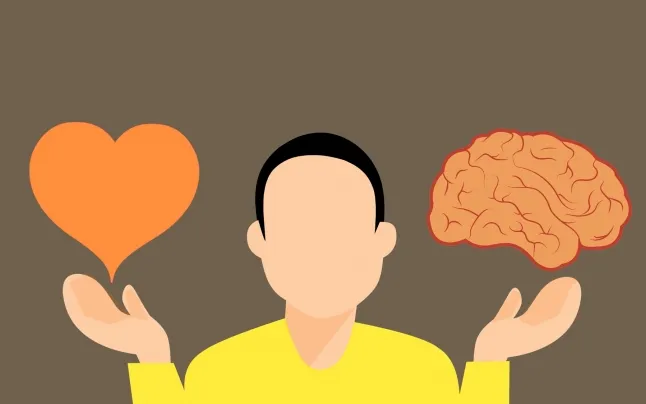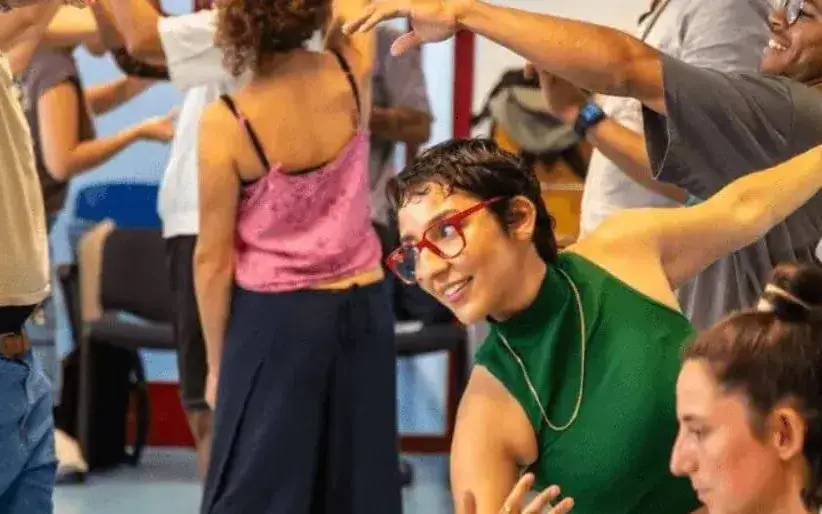Volunteering is what keeps organizations alive, and it is done by people. They will need to know themselves, understand themselves and the rest of the team. Having a good set of emotional skills is necessary for volunteers to develop their task.
Volunteering offers people something more than just experience. It’s a proven fact that volunteers also can develop a large variety of skills. With this in mind, and with volunteering to show it and prove it, the Catalan Regional Ministry of Social Rights has published the “Preliminary handbook and dictionary of skills and meta-skills for volunteering”.
This handbook brings together and outlines the whole set of skills and meta-skills unfolded though volunteering. This document can therefore be considered an essential tool to value the skills of volunteers and the lessons they learn from it.
Skills are broken down into cognitive, emotional and meta-skills.
More specifically, emotional skills are the set of knowledge, skills and attitudes relating to the adequate comprehension, expression and regulation of emotions.
There are four blocks of emotional skills that feed into one another: knowing oneself, self-management, knowing others and managing relations with others.
The ability to know oneself is basic when it comes to developing emotional skills. It is the most internal and primary category and requires a lot of personal work. It is made of the four “selfs”: self-affirmation, self-knowledge, self-confidence and self-esteem.
Self-knowledge is the most basic skill. One needs to know their abilities, limits and features, one’s emotional patterns, identity… it’s not easy but it is essential to enjoy a full emotional ability.
Self-affirmation is being aware of one’s power and is necessary to empower oneself without needing to prove it. Self-trust is related to the former and is the ability to hold faith in our sufficiency when dealing with some situations in life; and finally, self-esteem is being able to love ourselves and fully accepting our distinctive features.
Managing oneself
The set of skills under this category are related to a person’s attitudes towards their feelings and sensations and how they express them.
Continuing with the “selfs”, the first two skills a person needs to develop to manage oneself are self-regulation and self-motivation. The first of these two skills has to do with managing our impulses, emotions and thoughts and filtering them adequately. The second relates to expressing our convictions with moderation.
Another set of skills under this category are those guided towards adapting to our environment. In this regard, a volunteer must prove flexibility and polyvalence, changing our behaviour and adapting to change, while still being effective in our actions.
Self-management also includes skills relating to how we relate to others. Solidarity, as a feeling of unity in a common cause; and responsibility, as the ability to achieve our commitments and duties and taking responsibility for our actions.
Finally, another skill that can be found in all others and in all fields of live in general, and an interesting one for self-management, is keeping a playful attitude. It is about the willingness to experience and learn through play, opening up to enjoyment and surprise.
Knowing others.
Doing self-work adequately will, in turn, facilitate relations with others. Everyone should build healthy relations with other people, but for volunteering it is even more important to learn to work with others.
One needs to understand the circumstances of the context we find ourselves in, the social, economic, historical and environmental context, bearing in mind aspects such as volatility, uncertainty or conflict.
At a similar level, volunteering and dealing with others helps to develop empathy, the ability to understand the interests and concerns of others but without projecting them onto ourselves.
Getting to know others also means understanding all sorts of interpersonal relations. Skills such as organizational comprehension are important, because they imply being able to understand power relations and behavioural codes.
Managing relations with others.
The last set of skills that are required and developed for volunteering stem precisely from knowing oneself and others, and are related to the way in which we manage our interactions with others and with society at large.
At a more global level, these skills include respect and civility. The ability to live together while performing our duties towards ourselves and considering others as people who deserve dignity may seem very basic, but they need to be built and worked on.
So, considering the skills relating to a person’s behaviour in a team, there are five interesting skills that come with volunteering. First, initiative, seen as the ability to react to opportunities and meet goals. Second, the ability to innovate. Then comes being service-oriented, which is an attitude that shows commitment to the task one is performing.
Skills four and five are those of negotiation, and influence and leadership, which have to do with being able to reach satisfactory agreements for all parties and catalysing change by guiding a team using commitment and hope.
Ultimately, volunteering also means learning to manage a group with leadership. Resource management is another useful skill, both human and material and financial resources, effectively. It is also equally important to learn to manage conflict in a healthy way, being mindful and looking for fair and just solutions.







Add new comment